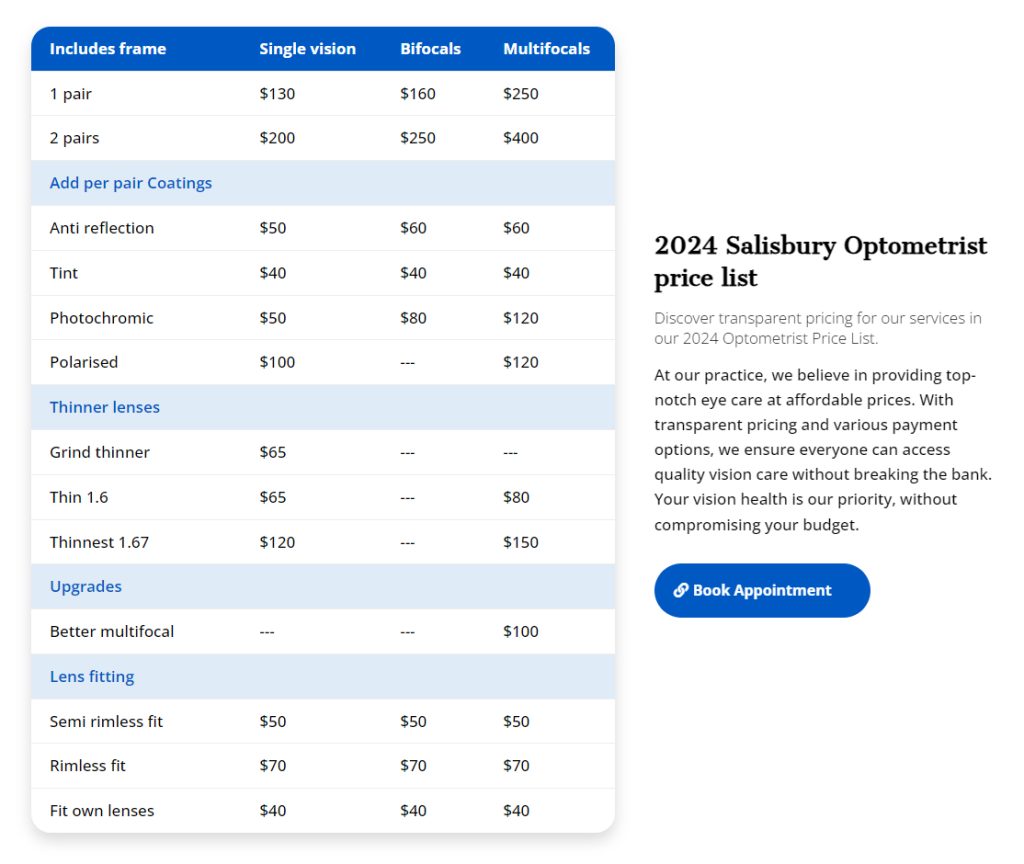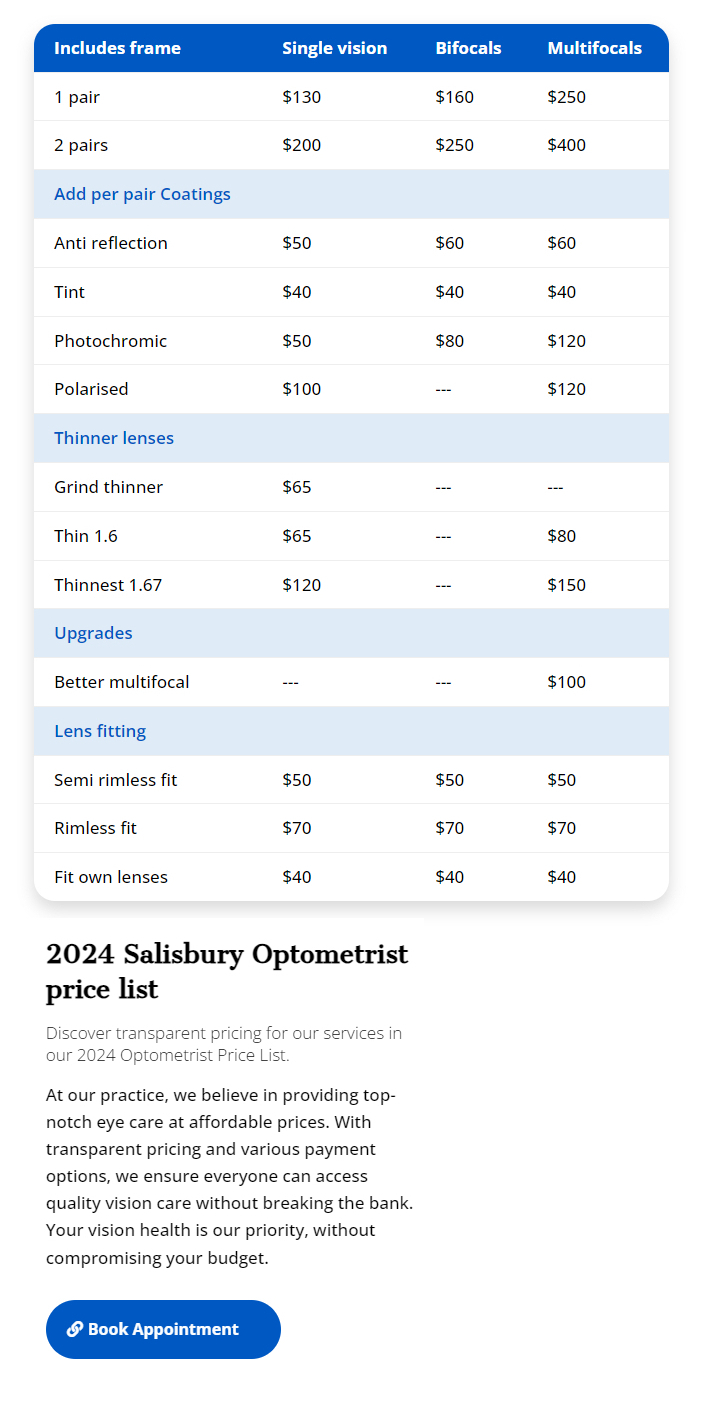Good eyesight is essential for the overall well-being of our health. Clear vision allows us to perceive the world around us, navigate our environment, and efficiently perform daily activities. Eyesight means the ability of our eyes to see, distinguish between different colors, and perceive objects in depth and at a distance accurately. Good vision indicates the brain’s ability to process visual information the eyes receive and create a clear and accurate picture of the world. Good eyesight requires a combination of factors, including a healthy diet rich in nutrients like vitamin A, regular eye exams, and proper eye protection from harsh sunlight and other environmental factors. In addition, taking frequent breaks from screens, maintaining a healthy distance from the computer or TV screen, and practicing good eye hygiene can help keep healthy eyesight. If you are experiencing any changes or disturbances in your vision, you must seek the advice of a qualified ophthalmologist or eye healthcare provider to ensure appropriate treatment and care. At Salisbury Optometrist, you will enjoy ultimate eye protection with eye examination tests under the guidance of our expert, professional optometrists.
Improve Your Vision
An eye examination is a routine checkup performed by an eye care professional, such as an optometrist or ophthalmologist, to evaluate the health of your eyes and detect any potential eye problems or diseases. During an eye examination test, the eye care professional typically performs a series of tests to evaluate your vision, eye health, and overall eye function. These tests may include a visual acuity test, refraction test, eye pressure test, visual field test, retinal exam, and additional tests as required. The eye care professional also asks about your medical history, medications, and family history of eye diseases to assess potential risk factors.
Based on eye exam findings, the eye care professional might recommend a treatment plan, such as eyeglasses or contact lenses, medication, or surgery to address any eye problems or diseases.
Regular eye examination tests are essential for maintaining healthy eyes and detecting potential eye problems early on. The frequency of eye exams depends on age, family history, and other risk factors, but professionals generally recommend having a comprehensive eye exam once or twice a year. It is essential to follow the recommendations of your eye care professional for the best possible eye care.
Eye Examination Tests & Its Types
An eye examination is a comprehensive evaluation of your eye health and the quality of your vision. An optometrist or ophthalmologist will run a routine eye checkup to evaluate the eyes’ health and detect potential eye problems. The eye doctor will ask about your medical history, including any past eye problems, medications, and family history of eye diseases. There are various types of eye tests, including routine examinations, Specsavers eye tests, refraction tests, and many more. Here are some critical components of an eye exam:
Visual Acuity Test: This is a common test to measure how well you can see at different distances. It usually involves reading letters or symbols on a chart from a specific distance. The eye test provider might ask you to read letters while looking through a phoropter device with several lenses to help you see the letter better. The method called refraction informs your provider if you need glasses.
Refraction Test: The test providers use an autorefractor to assess visual acuity in young children and people with trouble identifying objects. The autorefractor shines light into your eyes and receives the eye’s response. The test determines the strength of eyeglasses or contact lenses that may be needed to correct refractive errors.
Tonometry: The eye test detects problems with pressure in the eye. High pressure is a sign of glaucoma. Your eye test provider drops your eyes to numb the area. Then an instrument named a tonometer blows a small puff of air on the cornea. Your provider uses a flat-tipped cone that comes in contact with your cornea and measures the amount of pressure you need to flatten a portion of your cornea.
Slit Lamp Exam: First, the eye test provider will dilate your pupil with special eye drops and examine your eyes using a microscope. You have to rest your chin and forehead on the equipment. This test assesses your peripheral vision and can detect blind spots or other visual field defects. The provider looks at your eyes through the slit lamp, which enables the provider to check your eye parts under high magnification.
Retinal Exam: This exam evaluates the health of the retina, optic nerve, and blood vessels at the back of the eye. It may involve dilating the pupils and using a specialized camera to take images of the retina.
Additional Tests: Depending on the exam’s findings, further tests may evaluate specific eye problems or diseases, such as color vision tests, corneal tomography, ophthalmoscopy, and fundus photography.
Eye Examination Test – Essential Protection for Your Vision
Routine eye exams are vital for maintaining healthy eyesight and identifying potential eye problems beforehand. Here are some ways an eye examination test can be impactful in keeping your eyes healthy.
Detecting Eye Diseases: Eye exams can help see conditions such as cataracts, glaucoma, and macular degeneration. These diseases often have no symptoms in their early stages, so regular eye exams are crucial for early detection and treatment.
Checking Vision Changes: An eye exam can determine whether there have been any changes to your vision, such as nearsightedness, farsightedness, or astigmatism. These changes may require a new prescription for glasses or contact lenses.
Identifying Systemic Health Issues: The eyes can provide clues to overall health issues, such as diabetes, high blood pressure, and high cholesterol. During an eye examination test, your eye doctor can detect signs of these and other health issues, which can prompt you to seek further medical attention.
Evaluating Eye Health: An eye exam can determine the overall health of your eyes, including the cornea, retina, and optic nerve. This evaluation can help detect abnormalities or diseases affecting your vision.
Providing Education: An eye exam can provide education and guidance on maintaining healthy eyesight and preventing eye diseases. This may include advice on eye hygiene, nutrition, and protective eyewear.
Role Of Eyeglasses in Your Vision Protection
Eyeglasses, also known as glasses or spectacles, are a common vision correction tool used to improve visual acuity and alleviate vision problems. Here are some ways in which eyeglasses play a role in improving vision.
Correcting Refractive Errors: Eyeglasses commonly correct refractive errors such as nearsightedness, farsightedness, and astigmatism. These errors occur when the shape of the eye does not refract light correctly, resulting in blurry vision. Eyeglasses work by bending light as it enters the eye, allowing it to focus precisely on the retina. Eye examination tests, namely specsavers eye test, help detect if you suffer from any optical problem.
Reducing Eye Strain: Eyeglasses can also help reduce eye strain caused by prolonged screen use, reading, or other close-up work. Prescription glasses for reading or computer use can alleviate the need to strain the eyes to focus on close objects, leading to headaches, fatigue, and eye strain.
Providing Protection: Some eyeglasses also offer protection from harmful ultraviolet (UV) rays and other environmental factors that can damage the eyes. This is especially important for individuals who spend much time outdoors or work in hazardous environments.
Enhancing Visual Performance: Eyeglasses can also improve visual performance for specific tasks such as driving or sports. Specialized eyeglasses can improve contrast sensitivity, reduce glare, and provide clearer vision in certain lighting conditions.
Eyeglasses play an essential role in improving visual acuity and alleviating vision problems. They can correct refractive errors, reduce eye strain, provide protection, and enhance visual performance for specific tasks. It is essential to have regular eye exams to determine if glasses are necessary and to ensure that the prescription is up-to-date.
Impact Of Eye Tests on Your Eyesight
Eye tests and eyeglasses can significantly impact your eyesight by correcting refractive errors and other vision problems. Prescription eyeglasses or contact lenses can correct refractive errors like nearsightedness, farsightedness, and astigmatism. These lenses help focus light onto the retina, allowing for clear and sharp vision. Regular eye examination tests are also important to detect any potential eye problems or diseases and help preserve your vision and maintain the health of your eyes. Altogether, eye tests and eyeglasses are essential tools for improving and maintaining good eyesight.
How Often Do You Get Your Eyes Checked?
Most adults and children should get a comprehensive eye examination test every one or two years. People with a higher tendency to have eye diseases or vision problems might need eye checkups. You might need more exams if you:
- Aged over 60
- Who belongs of African or Hispanic Descent
- Carry extra weight
- Recovered an eye surgery
- Got damage from an eye stroke
- Got a family history of eye disease
- Patients with diseases like Diabetes
- Those who wear glasses or contact lenses
Enjoy Clear Eyesight with Eye Examination Tests
Regular eye exams and proper vision correction can help improve your eyesight and overall quality of life. Regular eye examination tests designed to evaluate the health of your eyes can detect any potential eye problems or diseases and improve eyesight. During an eye exam, your eye care professional will perform a series of tests to evaluate your vision, eye health, and overall eye function. These tests may include a visual acuity test, refraction test, eye pressure test, visual field test, retinal exam, and additional tests as needed. Based on the exam findings, your eye care professionals may recommend a treatment plan, such as eyeglasses or contact lenses, medication, or surgery, to address eye problems or diseases. You can consult the eye care professionals at Salisbury Optometrist to get more insight into improving your eyesight.




0 Comments